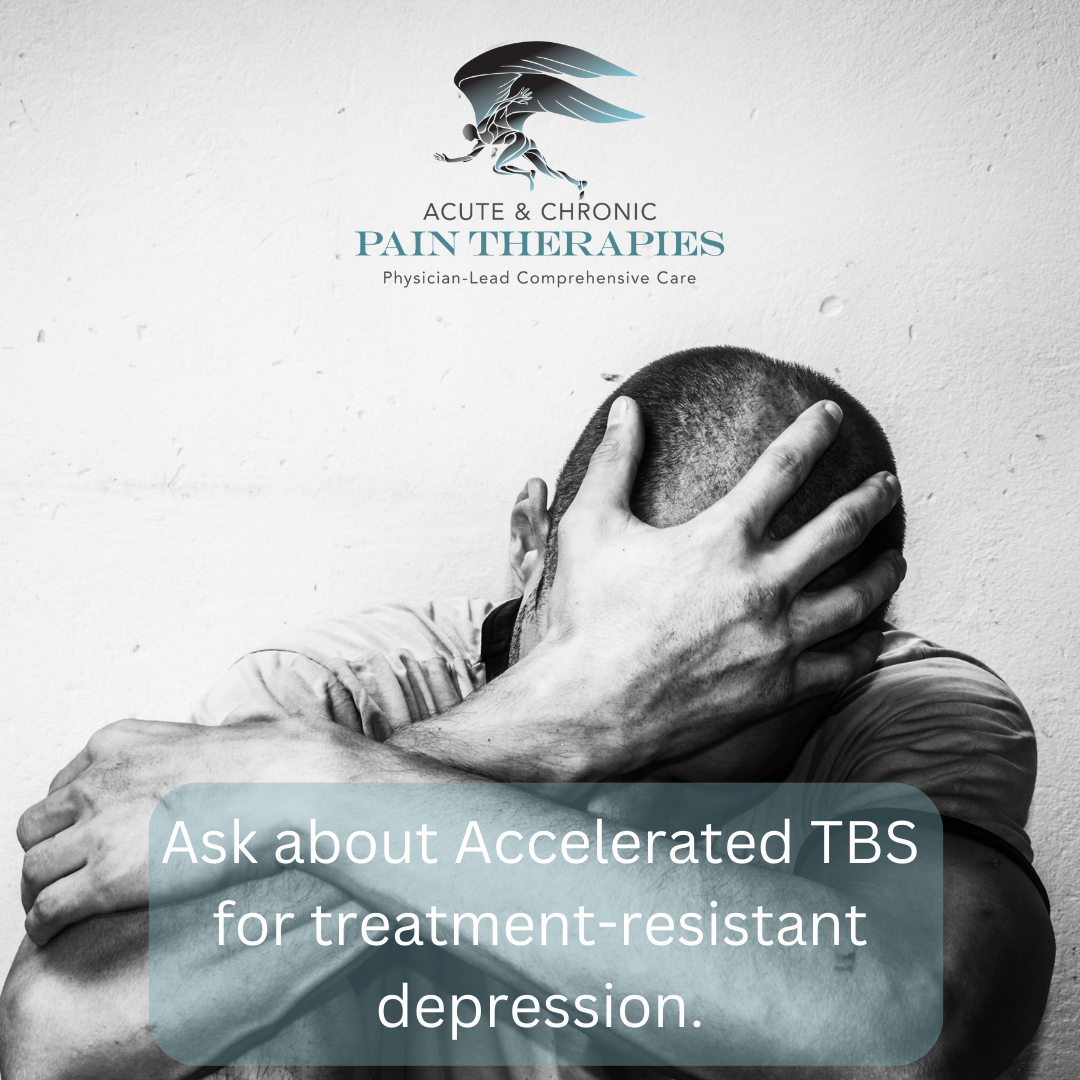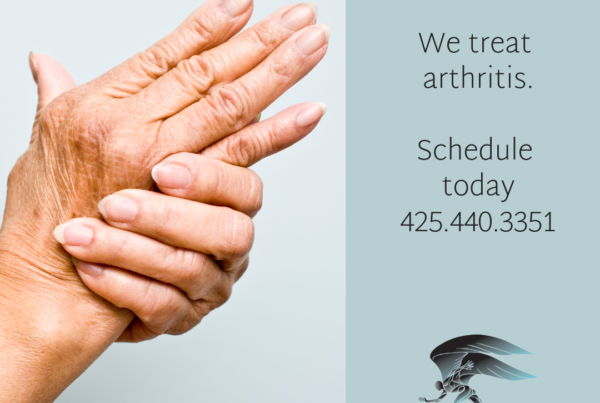
When traditional treatments for depression do not work, it can be frustrating and discouraging. However, there are still options available for those who are struggling with this condition.
Depression – it’s real.
One option is to explore alternative therapies, such as acupuncture, massage, or meditation. These practices have been shown to have a positive impact on mental health and can be a helpful addition to traditional treatment methods.
Another option is to consider a different type of medication. There are many different types of antidepressants available, and sometimes it takes a lot of trial and error to find the one that works best for you. It’s important to work closely with your doctor to find the right medication and dosage for your specific needs.
In addition to medication and alternative therapies, it’s also important to focus on self-care. This can include things like exercise, healthy eating, and getting enough sleep. Taking care of your physical health can have a positive impact on your mental health as well.
When Depression is Treatment-Resistant
Recovery from depression is a journey, and it’s okay to ask for help along the way. This can include talking to a therapist, joining a support group, or reaching out to friends and family for support. However, when traditional treatments for depression do not work, there are still options available such as ketamine infusion, TMS (transcranial magnetic stimulation), and ECT (electroconvulsive therapy). Each has shown promise in treating treatment-resistant depression.
Ketamine Infusion Therapy
Ketamine infusion involves the administration of a low dose of ketamine, a dissociative anesthetic, over a period of time.
Transcranial Magnetic Stimulation & ECT
TMS uses magnetic fields to stimulate nerve cells in the brain, while ECT is a medical treatment that involves passing electrical currents through the brain to induce a seizure while under anesthesia. It is typically used to treat severe depression, bipolar disorder, and other mental health conditions that have not responded to other treatments.






